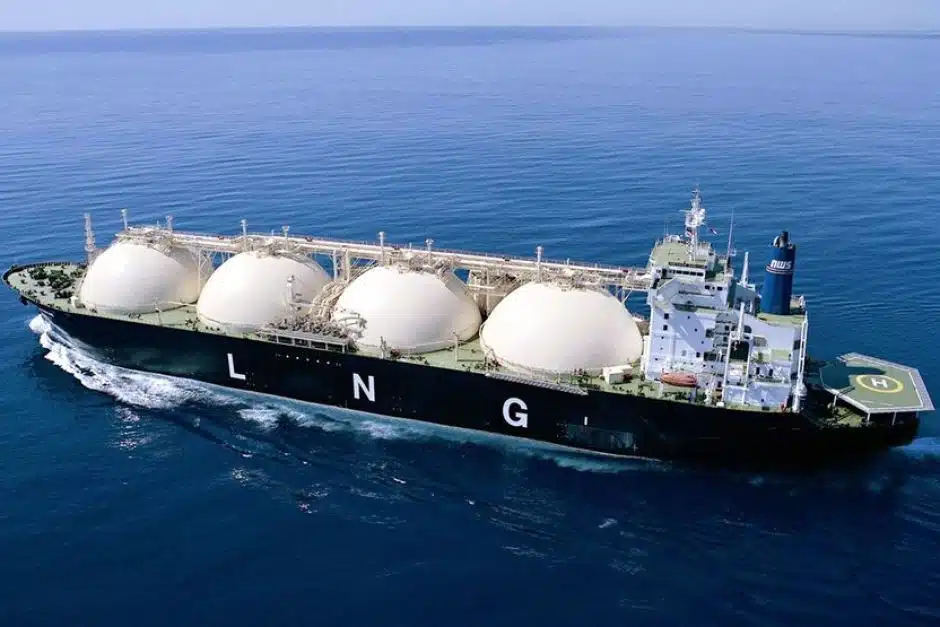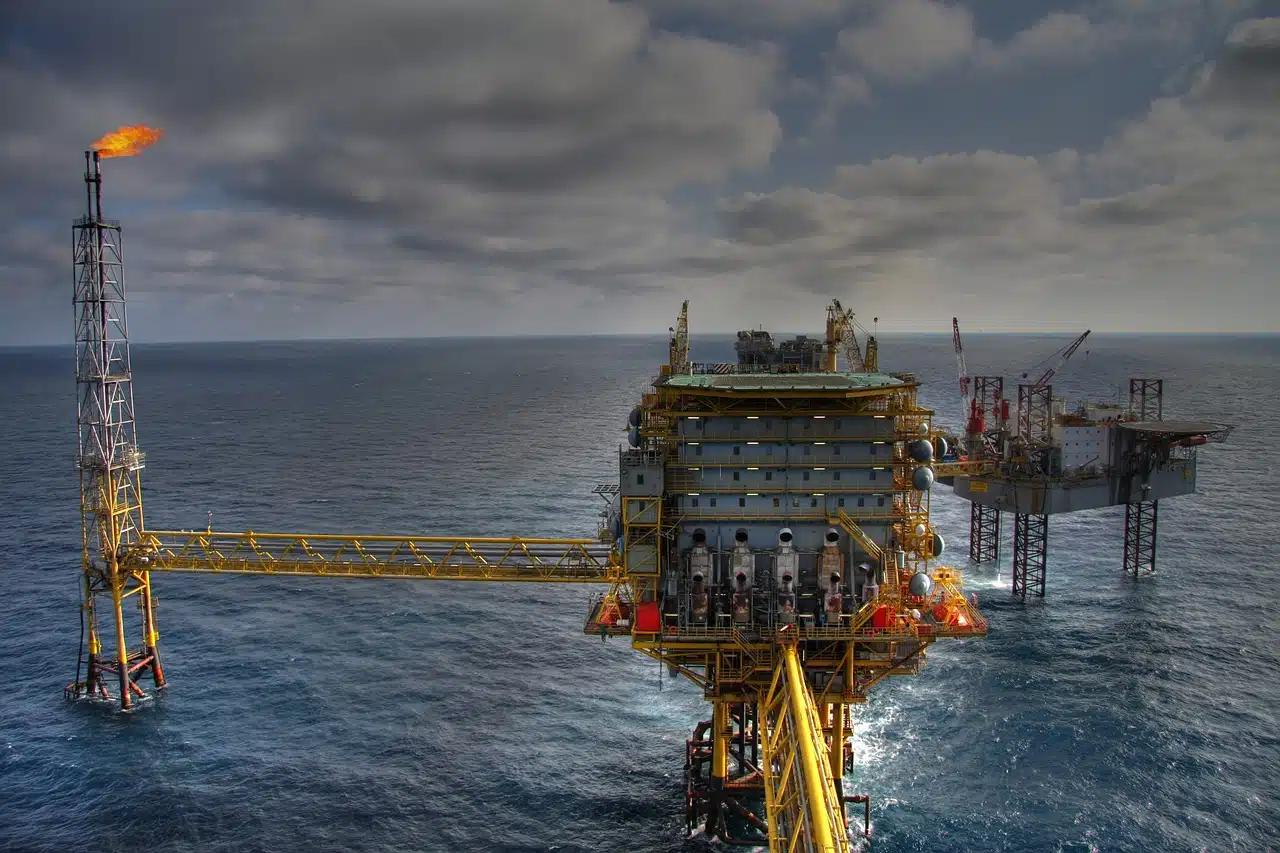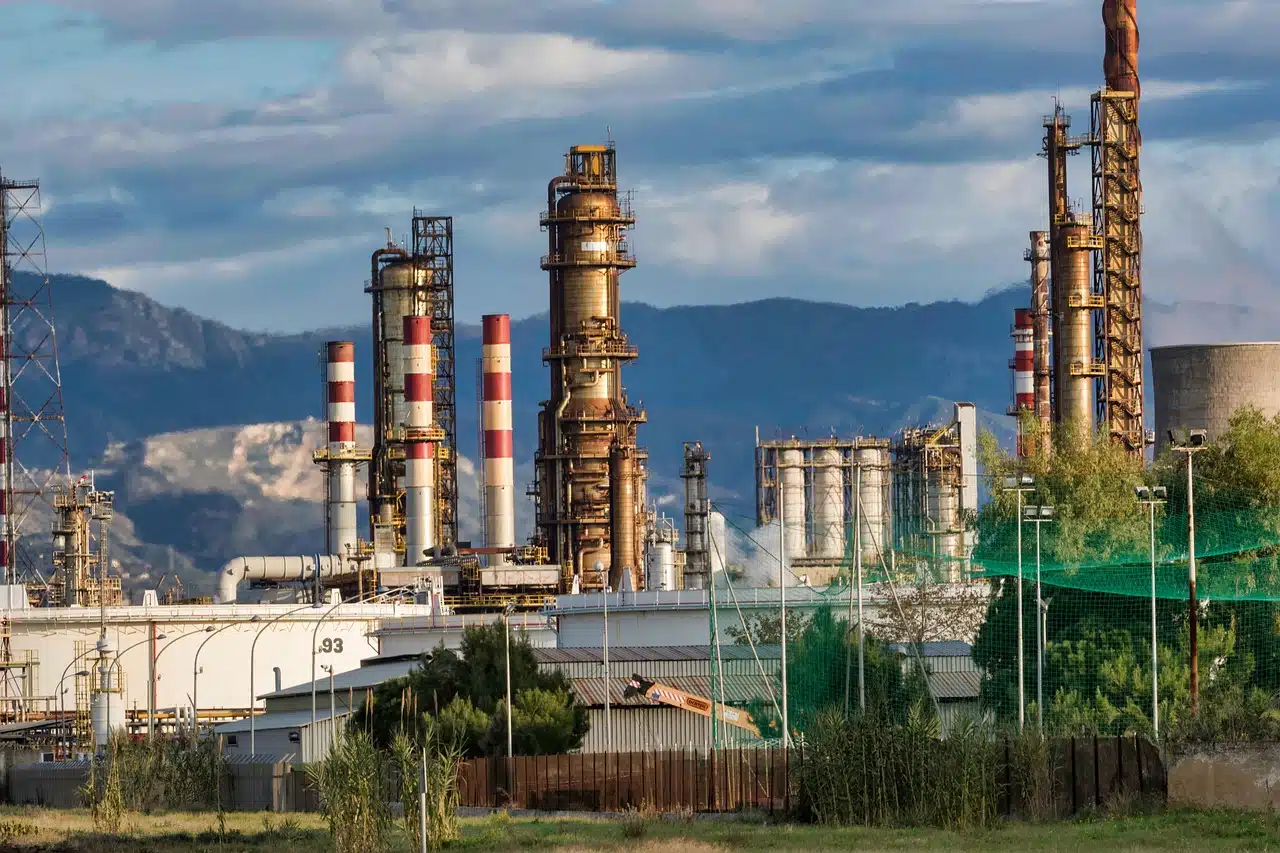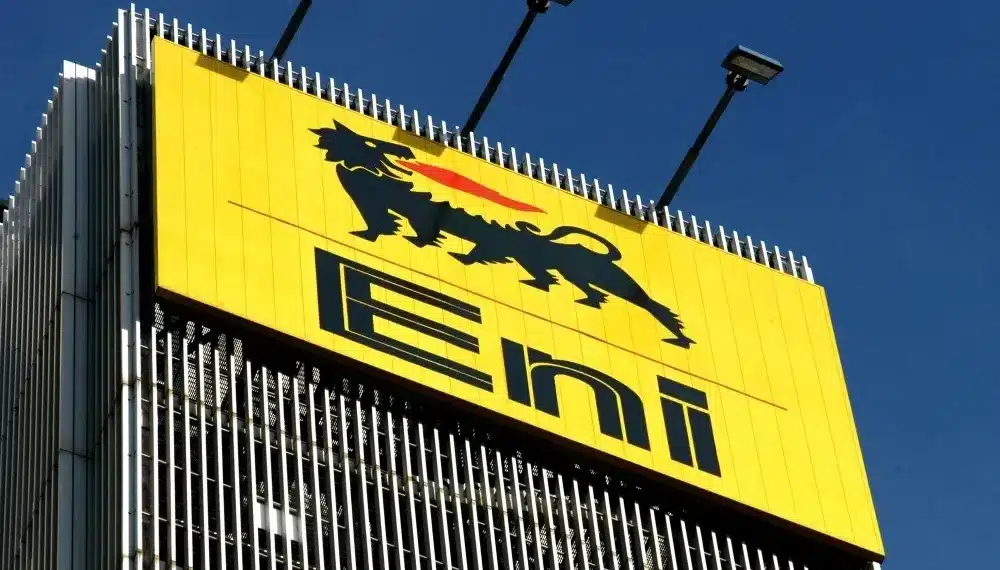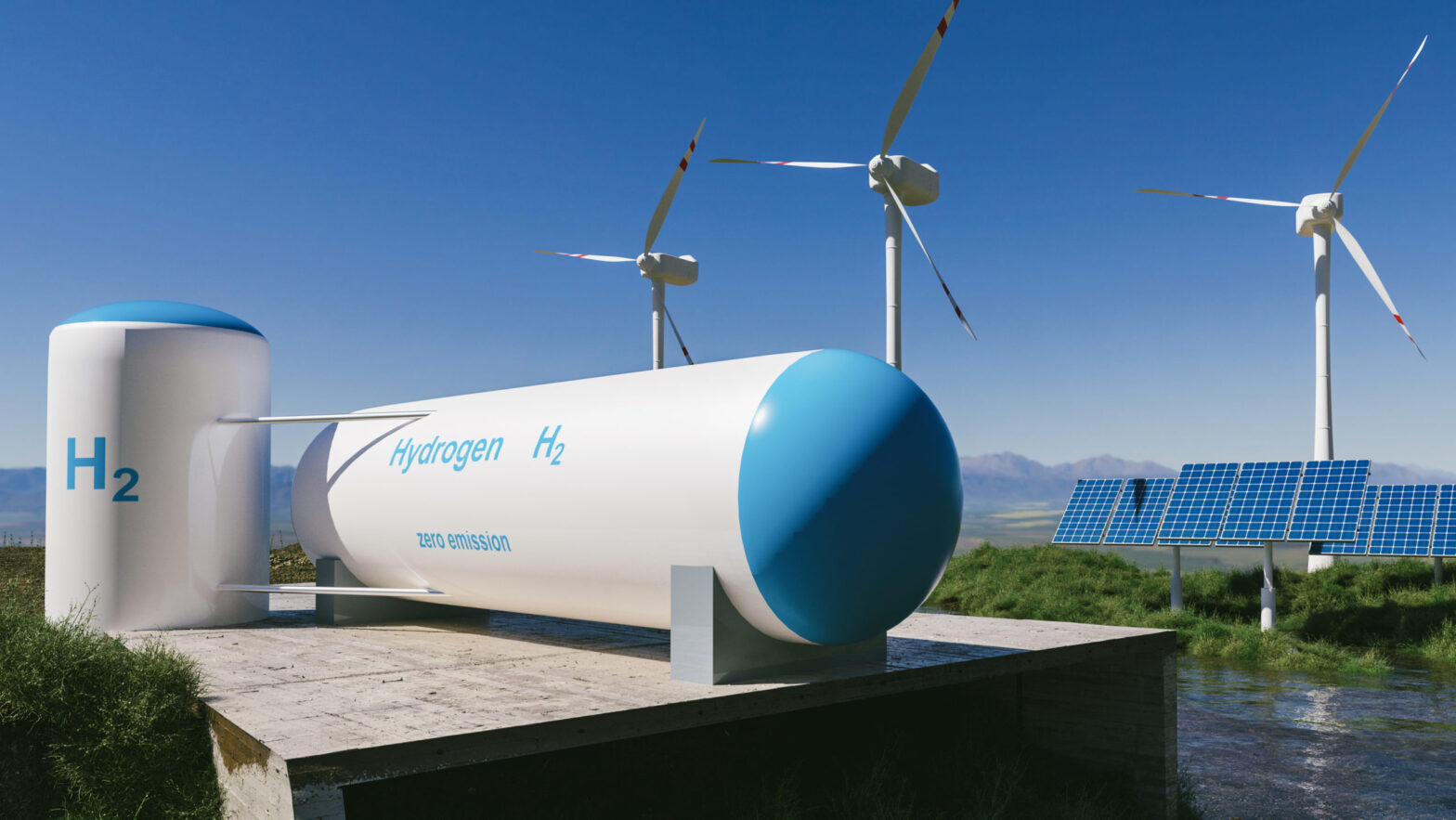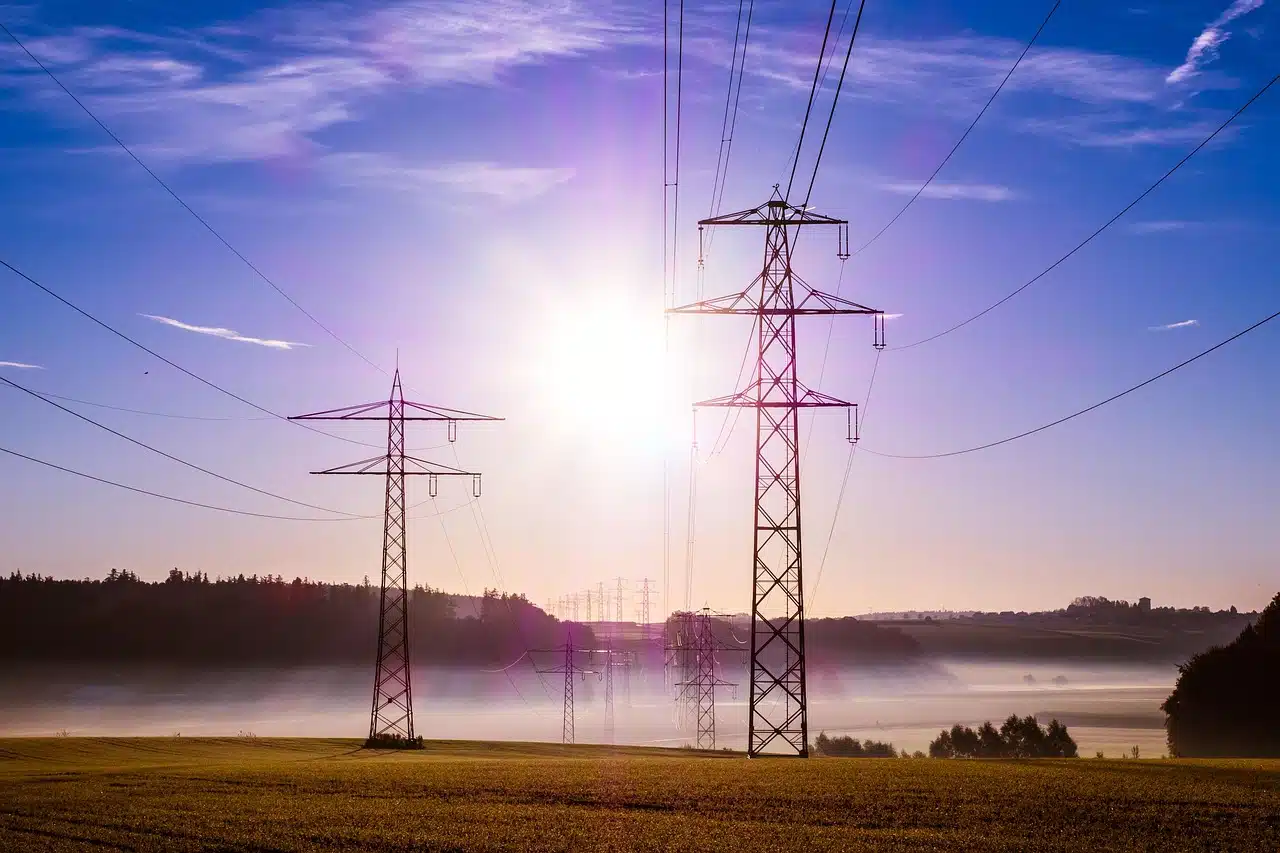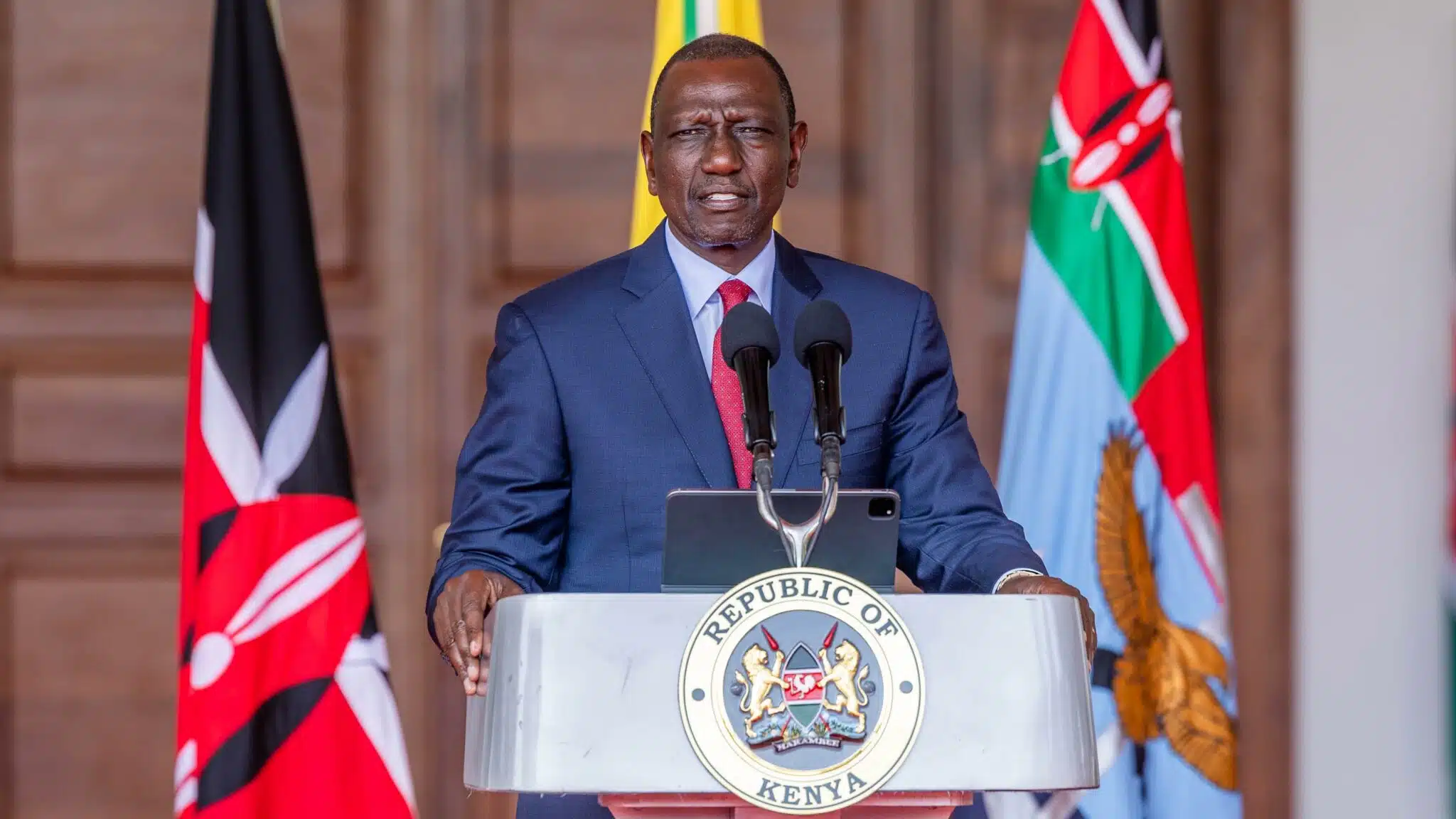Portugal has announced plans to increase liquefied natural gas (LNG) imports from Nigeria and the United States as part of its efforts to further reduce its already limited dependence on Russian gas.
The country’s Environment Minister, Maria da Graca Carvalho, made this announcement on Tuesday at the World Economic Forum in Davos, Switzerland.
The minister stated that the country is virtually independent of Russian oil and gas, aligning with its response to European Union sanctions on Russia amid the ongoing war in Ukraine.
“Portugal is now practically independent of Russian gas … but we want to reduce this figure further by importing more gas from Nigeria and the United States,” Graca Carvalho said.
Data from energy grid operator REN shows that Portugal imported 49,141 gigawatt-hours (GWh) of natural gas in 2024, with nearly 96% sourced from liquefied natural gas (LNG). Nigeria accounted for 51% of Portugal’s LNG imports, while 40% came from the United States and only 4.4% from Russia.
This marks a significant shift from 2021, when Russian gas made up 15% of the country’s LNG supply.
The European Union placed restrictions on Russian energy delivered via pipelines after Russia launched a full-scale invasion of Ukraine in February 2022, but it permitted LNG supplies to proceed.
Portugal has deliberately reduced Russian imports in spite of these exclusions, supporting the EU’s larger objectives of energy independence and security.
Earlier on in 2022 , the EU Ambassador to Nigeria, Samuela Isopi, together with France, Italy, Portugal, and Spain’s ambassadors, visited at the headquarters of the NNPC and met with the company’s management to reduce its reliance on Russian gas, according to Nigerian national oil company.
The NNPC managing director gave the European envoy the assurance that the energy corporation would keep strengthening its ties with EU businesses in Nigeria, according to the NNPC spokesperson.
And the company would further increase its efforts to expand the gas supply in the global market, the spokesperson added.
The action of Portugal follows the European Union’s plans in January 2025 for its 16th sanctions package against Russia, which includes targeting Russian LNG, aluminum, and Moscow’s shadow fleet, as reported by Bloomberg.
ECO reported the minister urged greater cooperation within the 27-nation European Union to ensure energy independence and security, saying Iberia was still an “energy island” as it had “been difficult to build interconnections with France.”

